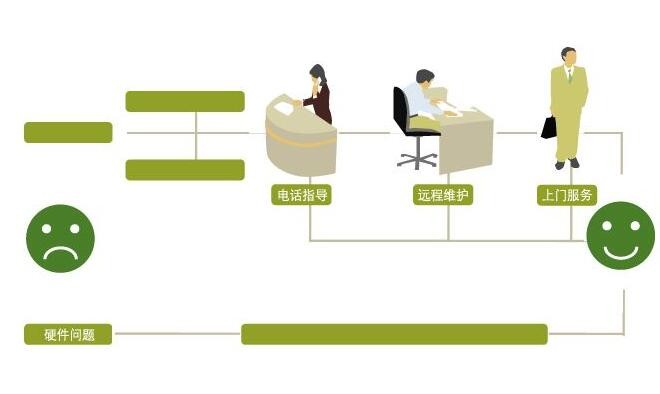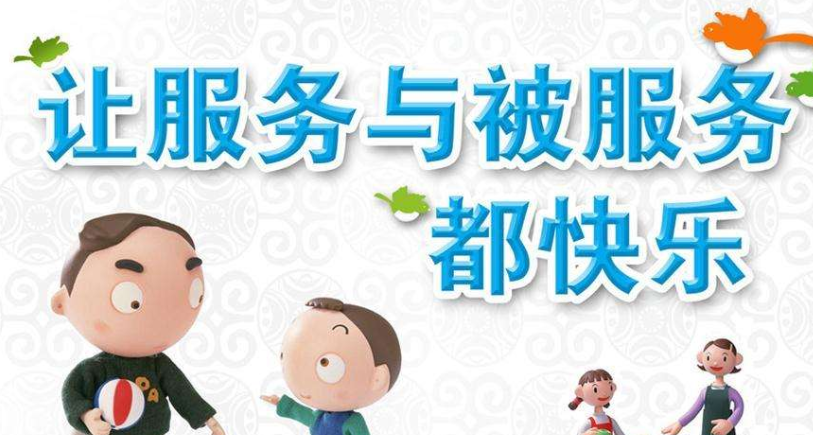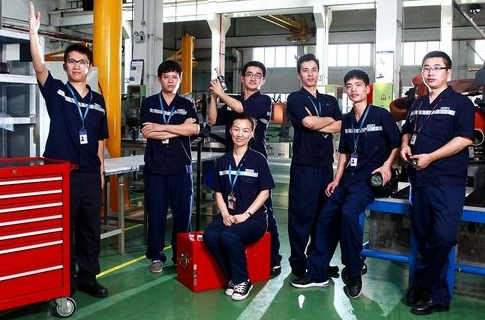This article aims to explore the various ways to express the Chinese phrase "怎么样" in English. It provides a comprehensive analysis of four different aspects, namely "How are you?", "What do you think?", "How is it?", and "What's the matter?" These translations capture the essence of "怎么样" in different contexts and situations. In summary, this article aims to help English learners understand and use the appropriate expression when faced with the Chinese phrase "怎么样".

"怎么样" can be translated to "How are you?" in English when used as a greeting or as an inquiry about one's well-being. In English-speaking countries, it is common to ask this question in formal and informal interactions. It is a simple and versatile way to express concern for the other person's physical and emotional state.

For example:
Person A: "怎么样?"
Person B: "How are you?"
In this context, "How are you?" serves as a standard English translation to express the same meaning as "怎么样". It is important to note that the response to this question is typically more detailed in English than in Chinese.

In certain situations, "怎么样" can be translated as "What do you think?" in English. This translation is particularly applicable when seeking someone's opinion or when considering different options or alternatives.

For example:
Person A: "怎么样,应该选A还是选B?"
Person B: "What do you think, should we choose A or B?"
In this context, "What do you think?" mirrors the intention of "怎么样" to ask for another person's viewpoint or preference. It enables effective communication and decision-making by inviting discussion and collaboration.

"How is it?" can be used as a translation for "怎么样" when inquiring about the status or condition of something, such as a new purchase, a recent development, or an ongoing situation.

For example:
Person A: "我刚买了一本书,怎么样?"
Person B: "How is it? Is the book good?"
In this instance, "How is it?" effectively captures the meaning of "怎么样" by seeking an evaluation or assessment of the book. It allows for feedback and discussion on the subject matter at hand.

When "怎么样" is used in a context where something seems wrong or out of the ordinary, a suitable translation in English can be "What's the matter?" This translation conveys concern and curiosity about the situation.

For example:
Person A: "怎么样? 你看起来不太开心。"
Person B: "What's the matter? You don't seem happy."
In this case, "What's the matter?" captures the underlying meaning of "怎么样" by expressing empathy and a desire to understand the cause of the person's discontent.

In summary, the Chinese phrase "怎么样" can be translated into English in several different ways depending on the context. The translations explored in this article include "How are you?", "What do you think?", "How is it?", and "What's the matter?". Each translation captures a specific aspect of the original meaning and allows for effective communication in various situations.

By understanding these translation options, English learners can confidently respond to and express the appropriate sentiment when faced with the Chinese phrase "怎么样".
标题:怎么样英语咋说(How to say 怎么样 in English)
地址:http://www.hmhjcl.com/ranqizao/110688.html

